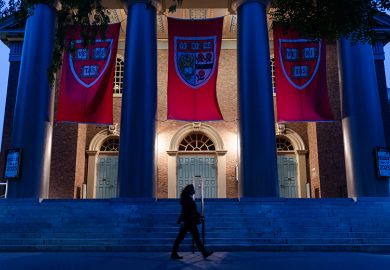The Universities UK report, Where student fees go, is published to coincide with UUK’s annual conference, being held at the University of Leicester on 10-12 September.
In the context of austerity, universities are perceived by many in government as benefited from an excellent deal with £9,000 fees – and are under pressure to show they are using the money for sound purposes.
Nicola Dandridge, UUK chief executive, said: “Since the introduction of tuition fees, people have quite rightly been asking questions about how universities are spending the income.
“Our report aims to answer these questions and to give students, potential students and parents an overview of how tuition fees are making a real difference in universities.”
She added: “While this report is only a snap shot, it gives examples from universities all over England, and shows how they are investing in improvements in teaching, facilities, support services, careers support and financial support. These investments are making a substantial and positive difference for students.”
Ms Dandridge continued that “it is worth pointing out that fees have largely replaced the income universities used to receive from the public purse”.
The report says: “For some universities the introduction of the £9,000 tuition fee cap has resulted in increased income. For others it has fallen. For all there have been significant decreases in capital funding from government.”
On case studies, the report says that “universities such as Aston, Derby, Liverpool, Leeds and Chichester are investing heavily in careers-focused support including work experience, internships and integrated placements to help their graduates secure good jobs”.
The report also “shows how hard universities are working to ensure that higher fees do not deter poor students from going to university, from Manchester Metropolitan’s focus on reducing costs to students where they most need help, in day-to-day expenses, to the University of Birmingham’s involvement in a scheme to grow the confidence of potential applicants who are most able, yet least likely to apply to study there”.
Register to continue
Why register?
- Registration is free and only takes a moment
- Once registered, you can read 3 articles a month
- Sign up for our newsletter
Subscribe
Or subscribe for unlimited access to:
- Unlimited access to news, views, insights & reviews
- Digital editions
- Digital access to THE’s university and college rankings analysis
Already registered or a current subscriber?




